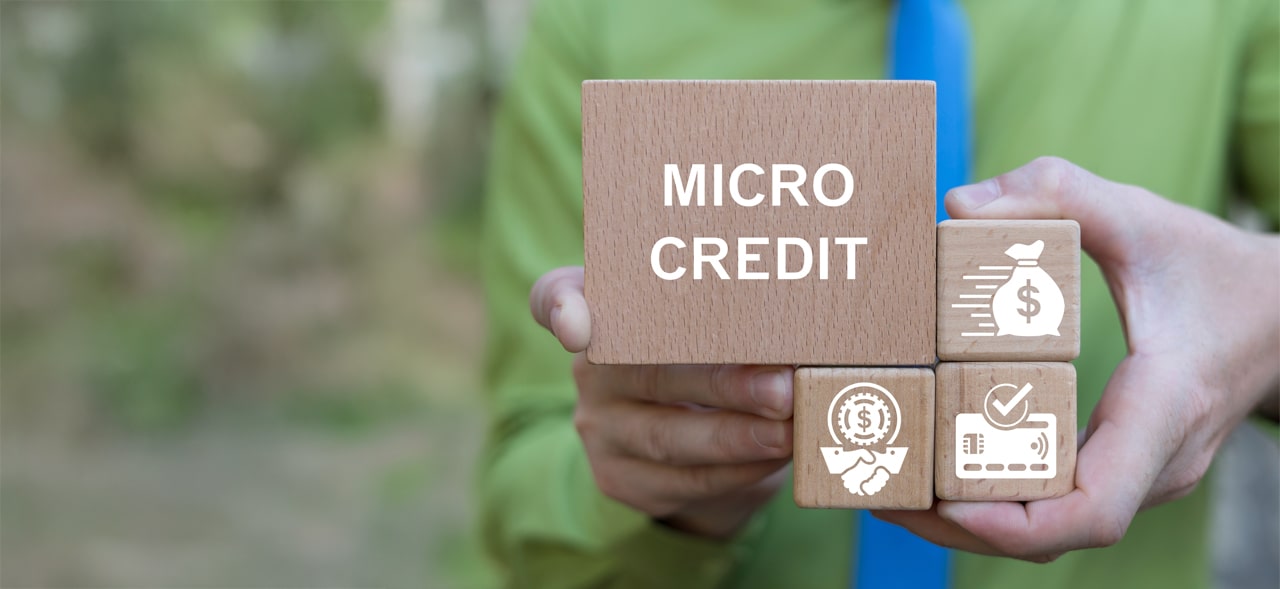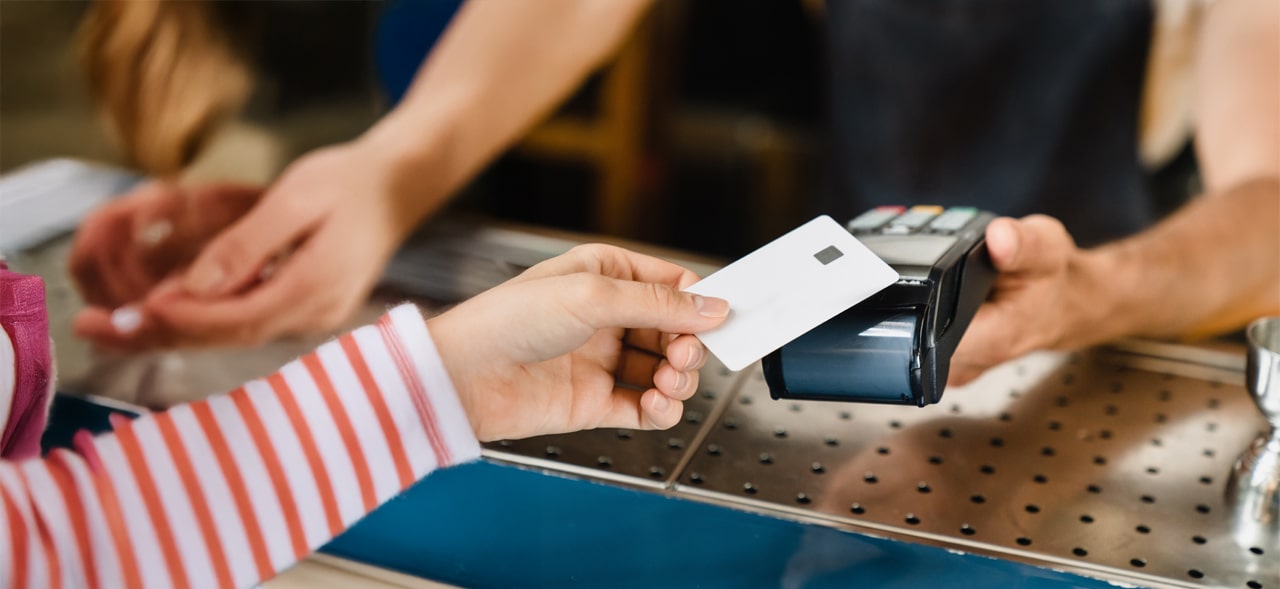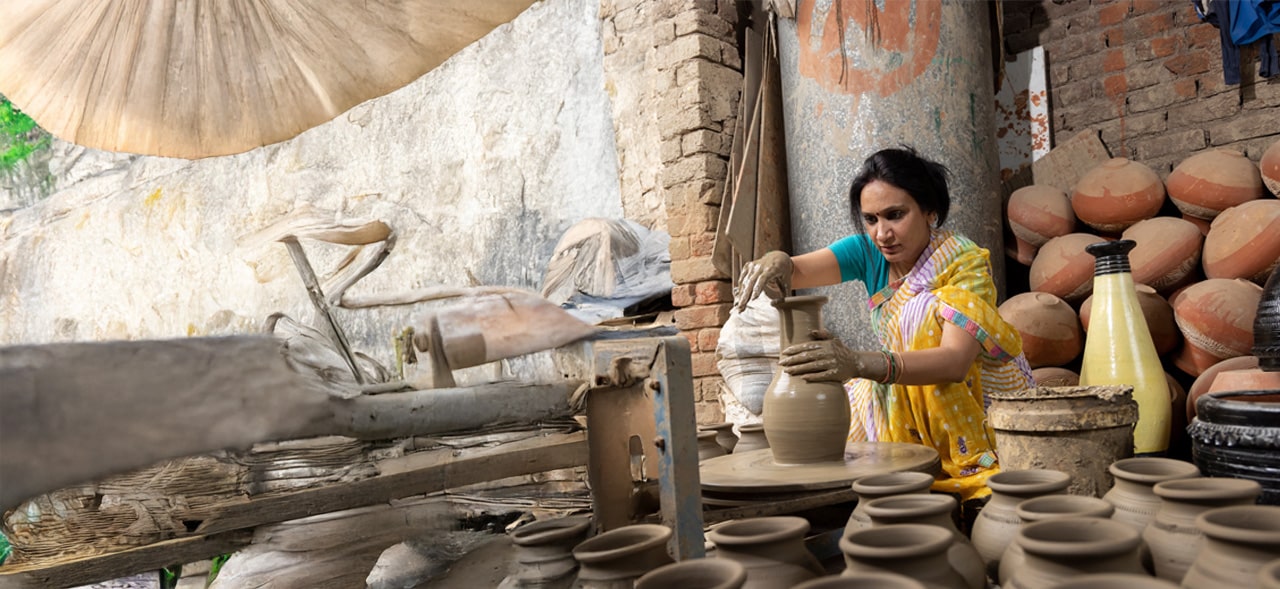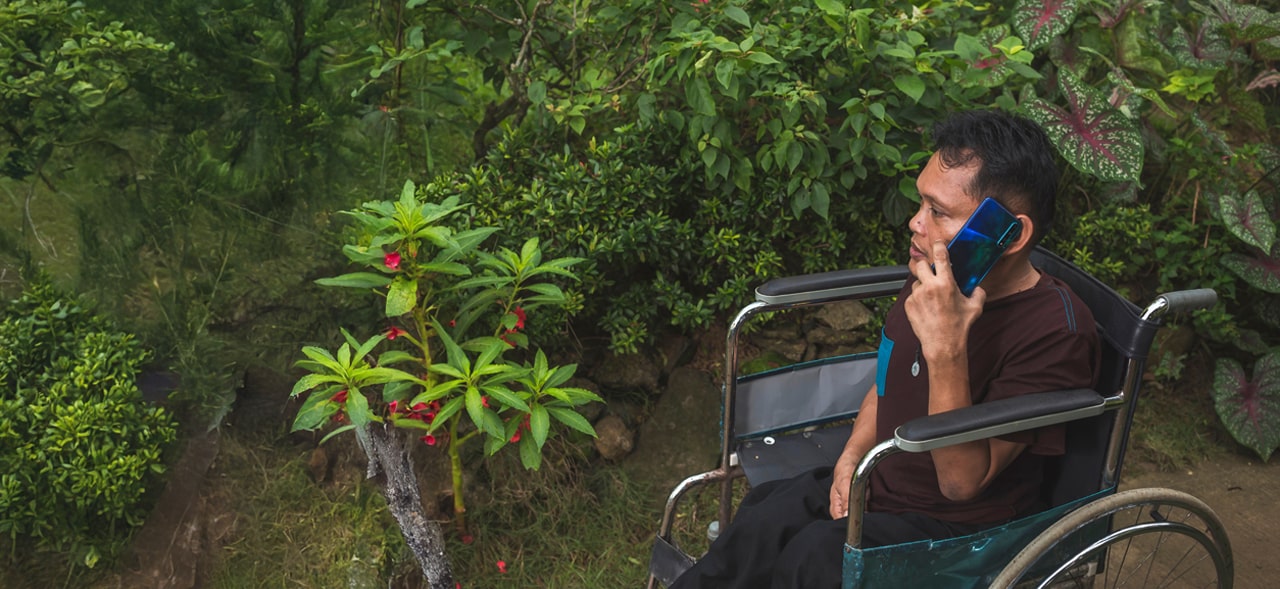
MSC partnered with Samasta to enhance its risk management capabilities. We began by reviewing the institution’s existing risk framework, policies, and processes to identify key areas for improvement.
Building on this assessment, we developed a comprehensive and robust risk management framework tailored to Samasta’s operations. This included a detailed risk manual with process maps for risk identification, assessment, and mitigation. We also developed key risk indicators (KRIs), a structured risk reporting template, and hands-on training workshops for risk managers.
Our engagement helped Samasta institutionalize a stronger, more proactive approach to risk, equipping the team with tools and processes for sustained risk oversight.

Wisdom Microfinance Institution (SC) is a World Vision-affiliated microfinance institution established in 1998. It provides financial services to micro-entrepreneurs and smallholding farmers in Ethiopia. MSC was contracted to develop risk management systems for Wisdom.
The MSC team developed a risk management matrix for the organization. Further, specific risk owners were identified for each department concerned with the risks identified for that department. For every risk, we defined monitoring indicators, reports, and threshold levels of those indicators to monitor changes in the risk profile of Wisdom regularly. The MSC team also prepared a risk-management manual and submitted it to the Central Bank of Ethiopia as its policy document on risk management.
As a result of our work, Wisdom subsequently decided to integrate the risk management policies in its policy documents as a part of the overall management function.
Wisdom Microfinance Institution commissioned the project.

Cashpor Micro Credit, an MFI, contracted MSC to strengthen its risk management function. We developed a risk management training module and conducted training for the risk department team.
The MSC team, in consultation with the senior management of Cashpor, identified the areas to be covered in the training module. Further, the team developed the risk management training module and conducted three training sessions to cover all staff members of the risk department. The training module covered risk management processes, roles and responsibilities of staff and board in risk management, and a systematic process for risk management, which included a risk management framework.
The MSC team trained more than 80 staff members of the risk department of the organization. The training helped the staff members to enhance their skills in identification, assessment, and formulating a risk mitigation strategy.

The MSC team conducted a detailed risk assessment and diagnostic study of Sonata, one of the largest microfinance providers in India. This study was conducted as per the IFC risk framework. MSC supplemented this diagnostic study with the use of our ‘Rapid Institutional Assessment’ and ‘Risk Management for Microfinance’ toolkits.
Based on the institutional and risk assessment, we delivered a risk management implementation plan to the MFI. We also indicated the priority levels of each activity, corresponded timelines, monitored parameters, and commitment from the MFI in terms of resource allocation. In order to institutionalize risk management practices, the team also supported the MFIs in the implementation of risk management policies and risk governance structures. Eventually, based on the risks identified, the team designed appropriate risk monitoring tools, such as operational, credit, and financial risk tools.
MSC conducted a workshop with the senior management and finance team of Sonata to explain the key concepts of liquidity risk management. After the workshop, our team gathered relevant data and analyzed the existing liquidity and cash management practices at Sonata. We also developed the liquidity risk policy, which contains tools like maturity gap analysis, liquidity forecast, stress test, scenario analysis, and balance sheet ratios. The policy also contained roles and responsibilities to manage liquidity risk in Sonata. The assignment ended with suggestions for their cash management practices.
Our work led to the development of the risk management function at Sonata Finance Private Limited (SFPL) from the ground up.
IFC commissioned the project.

MSC is the Project Management Unit (PMU) of and knowledge partner to NITI Aayog’s Women Entrepreneurs Platform (WEP) that fills critical knowledge gaps for over 60,000 women entrepreneurs across India. It works to enhance their access to finance, entrepreneurial mentorship, and networking.
As the PMU, we provide support to WEP on in-depth research to inform policy, collaborate with public and private partners to strengthen access to finance. We also facilitate mentoring and networking on the platform and build the capacities of women entrepreneurs through multiple award-to-reward programs in partnerships with industry leaders, among others. We help WEP expand its outreach to smaller cities and rural areas and drive digital communication and SEO efforts to grow WEP’s reach and impact.
With our support, WEP has successfully onboarded five ministries and over 30 private sector partners to enable women’s entrepreneurship. MSC established the Financing Women Collaborative (FWC) under this program, which is co-chaired by TU-CIBIL and SIDBI, with MSC as the secretariat. FWC has onboarded over 15 financial institutions to enhance access to credit for women entrepreneurs, design and rollout credit-readiness programs. They also supported the design and launch of a gender-intentional credit product for women entrepreneurs with a leading NBFC and conducted and published a critical research report on women’s credit seeking behavior in the country. WEP also launched state chapters in Telangana, Goa, and Mizoram to widen its outreach. The mentorship platform was India’s G20 offering, and it has the potential to positively impact over one million women entrepreneurs at various stages.
The project is commissioned by the Gates Foundation.

Indonesia has made progress in financial inclusion, yet persons with disabilities, particularly women, remain underserved. Koperasi Mitra Dhuafa (KOMIDA), one of the country’s largest microfinance institutions, serves over 800,000 low-income rural women, including those with disabilities, through its gender-focused, community-based model. To assess how well these services meet the needs of clients with disabilities, MSC conducted a study using a universal design approach and its Gender Centrality framework. In partnership with the Terala Foundation, MSC facilitated focus group discussions with KOMIDA staff, clients with disabilities, and non-client Persons with disabilities (PWDs) to explore accessibility, staff engagement, infrastructure, and support systems.
MSC provided end-to-end support for the assignment, from research design to execution. The team brought in-depth expertise in Gender Equality, Disability, and Social Inclusion (GEDSI) and safeguarding to develop a robust research framework. MSC led focus group discussions with KOMIDA staff, clients with disabilities, and non-client PWDs, and conducted product reviews to assess service inclusivity. The team also developed assessment indicators and led the data analysis process, generating actionable insights to help KOMIDA strengthen its disability-inclusive practices and service delivery. The research found that while KOMIDA has strong gender-responsive elements, PWDs still face significant access barriers. MSC delivered actionable policy recommendations to strengthen KOMIDA’s disability inclusion efforts.
MSC’s recommendations helped KOMIDA identify key areas to improve services for its 15,000 clients with disabilities across Indonesia. KOMIDA has begun applying these insights and is exploring a tailored strategy to better serve this segment. The impact of the research has also led to a second project phase, where MSC is supporting the development of inclusive financial products for persons with disabilities.
The project was commissioned by Opportunity International Australia (OIA).





